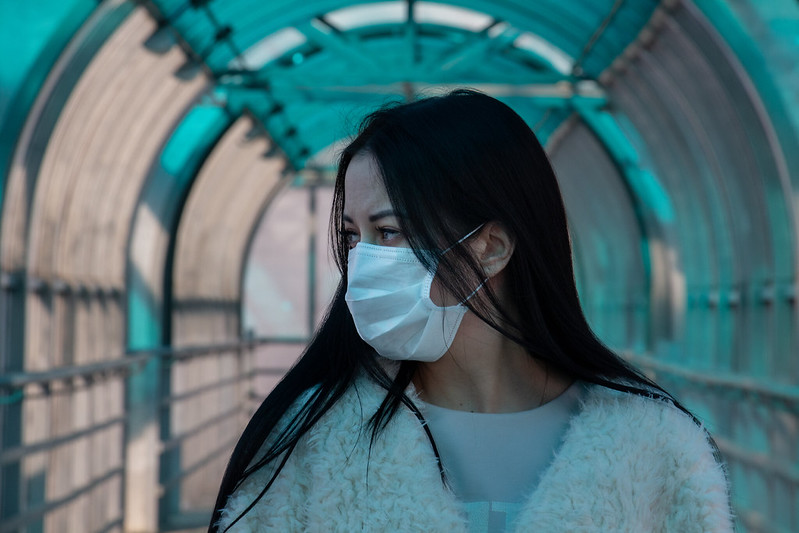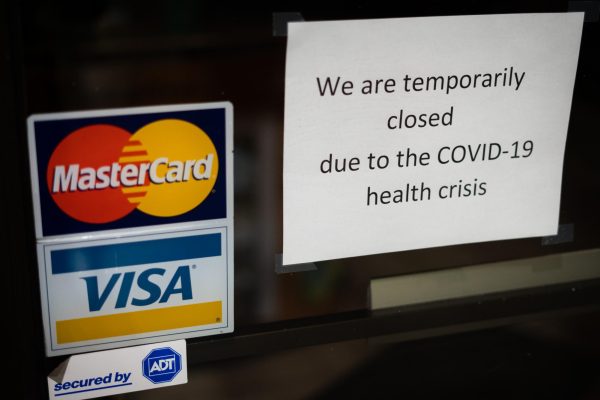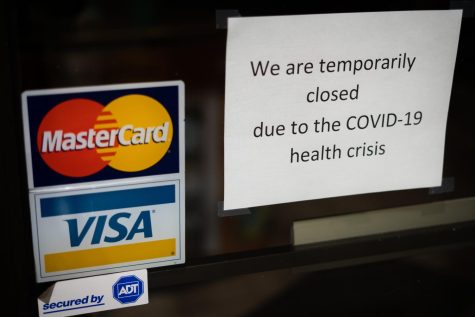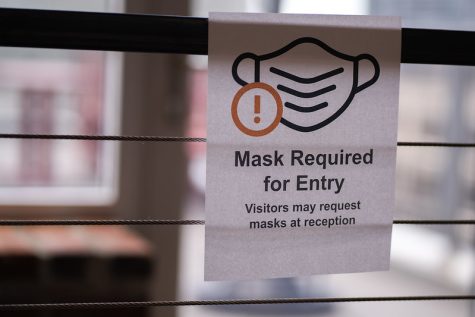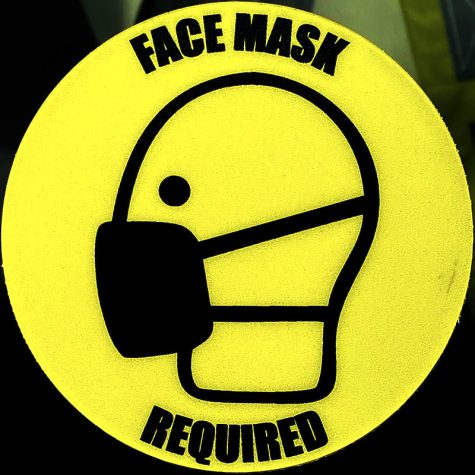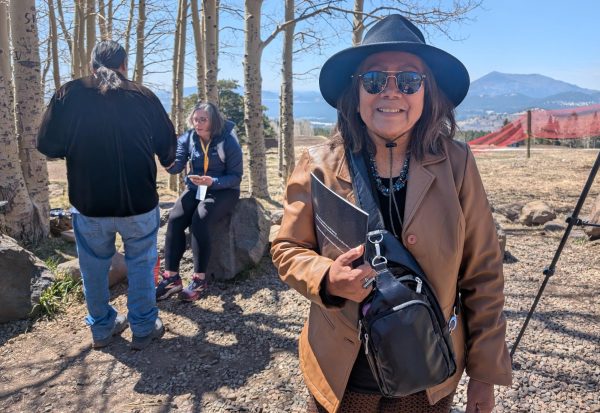Omicron’s emergence draws concern over coronavirus vaccine distribution
Inequity throughout the COVID-19 pandemic has created a new variant as the crisis is set to roll into 2022
The coronavirus pandemic is about to hit the 21-month mark in the United States, but it is likely to linger far longer elsewhere in the world.
Per the latest figures from the Arizona Department of Health Services, more than 3,000 Arizonans tested positive for COVID-19 on Monday, with 172 deaths added to the ledger.
As the coronavirus pandemic reaches its 21st month in the United States, public health experts are now scrambling to determine the new Omicron variant’s lethality and ability to evade vaccines.
“We have not yet identified it in Arizona. However, it has been identified in enough states that most of us think it’s probably here already,” Dr. Rebecca Sunenshine told Phoenix radio station KTAR-FM.
According to the the New York Times, a preliminary study has suggested that the Pfizer vaccine can offer a patient protection against the variant, which was discovered in South Africa last month. Booster shots are now being recommended for all ages, while boosters designed specifically to target Omicron could be available in relatively short order.
Meanwhile, southern African nations have been slapped with travel bans, and the pandemic threatens to wreak havoc on those countries well into the new year — if not longer.
One reason for this is vaccine inequity, which has been described as a significant factor in Omicron’s discovery.
The United States and many of its allies have held onto excess vaccine doses and refused to dole them out to needy populations around the world. Along with hesitancy to lift intellectual property rights so that other countries’ scientists can manufacture vaccine doses, vaccine hoarding threatens to prolong the pandemic and produce more variants similar to Omicron.
“Despite its claim to be a global leader on COVID-19, the US is hoarding nearly 500 million excess COVID-19 vaccine doses—more than any other country,” Doctors without Borders programs director Dr. Carrie Teicher said in October. “It’s reckless and dangerous for the US and other high-income countries to be sitting on excessive stocks of COVID-19 vaccines while others—including in many places where MSF is battling surges of COVID-19—are desperate to provide their most vulnerable people with even their first dose.”
Dr. Anthony Fauci, the United States’s top infectious diseases expert and a symbol of the pandemic, has claimed the Omicron variant “almost certainly” does not present the severe symptoms associated with the still-prominent Delta variant. However, the Omicron strain is likely more transmissible than Delta, meaning campaigns to get Americans vaccinated or scheduled for booster shots will continue.
In the meantime, daily COVID-19 cases in South Africa have exploded as access to the life-saving vaccine will remain scarce into 2022.


